Lance Armstrong: My life hasn't been without punishment
Armstrong's podcast hosts former USPS teammates for a conversation about the past and present
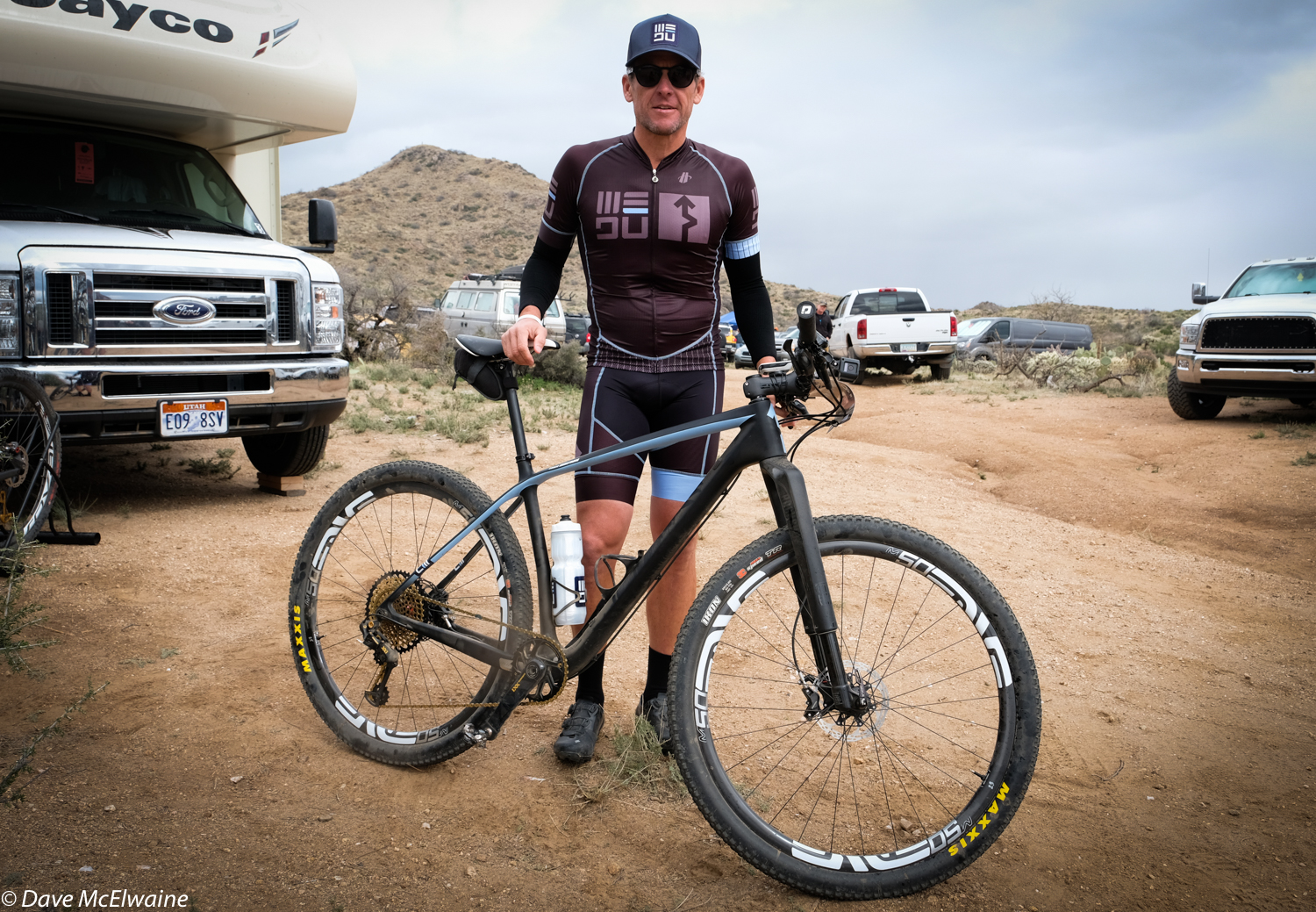
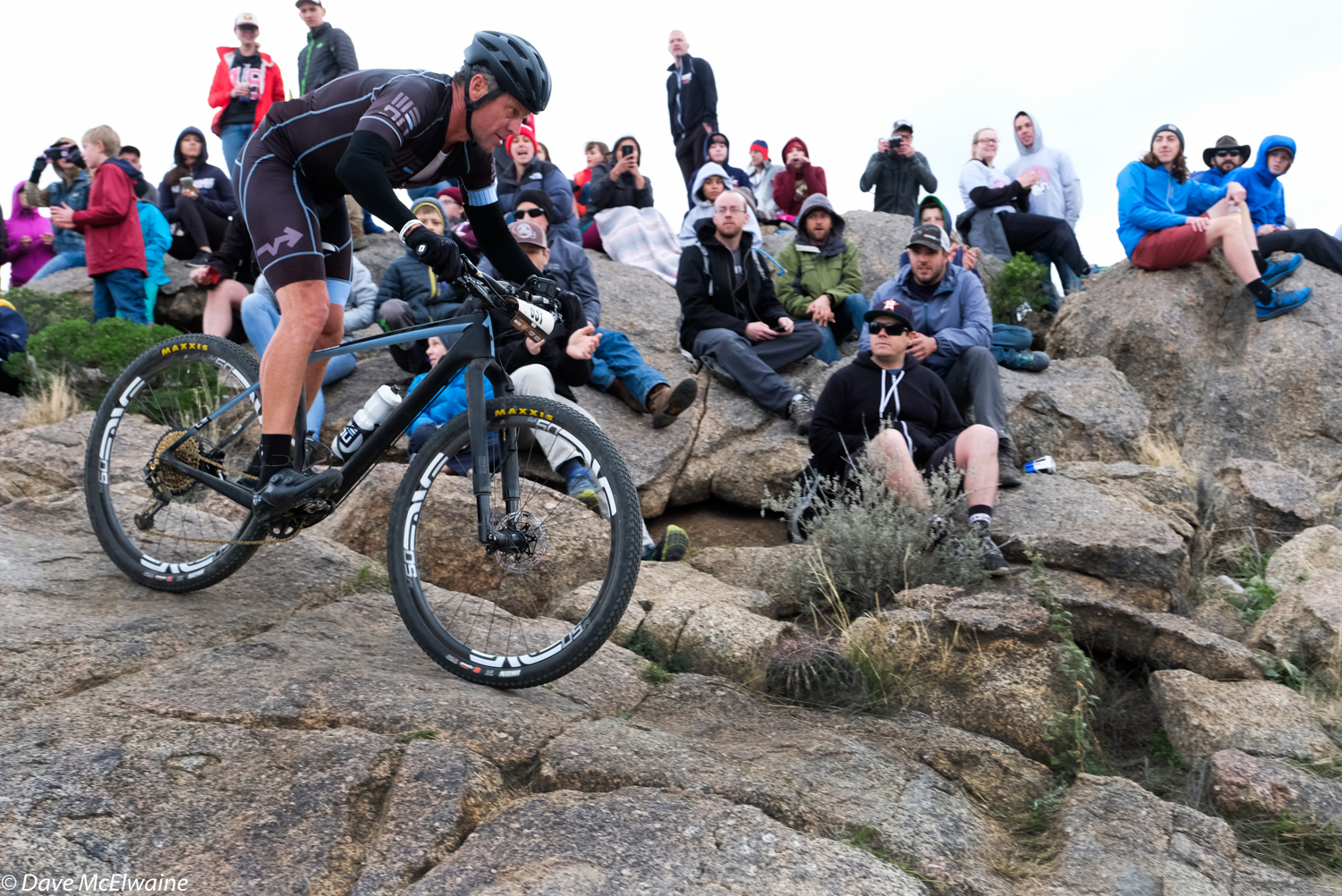
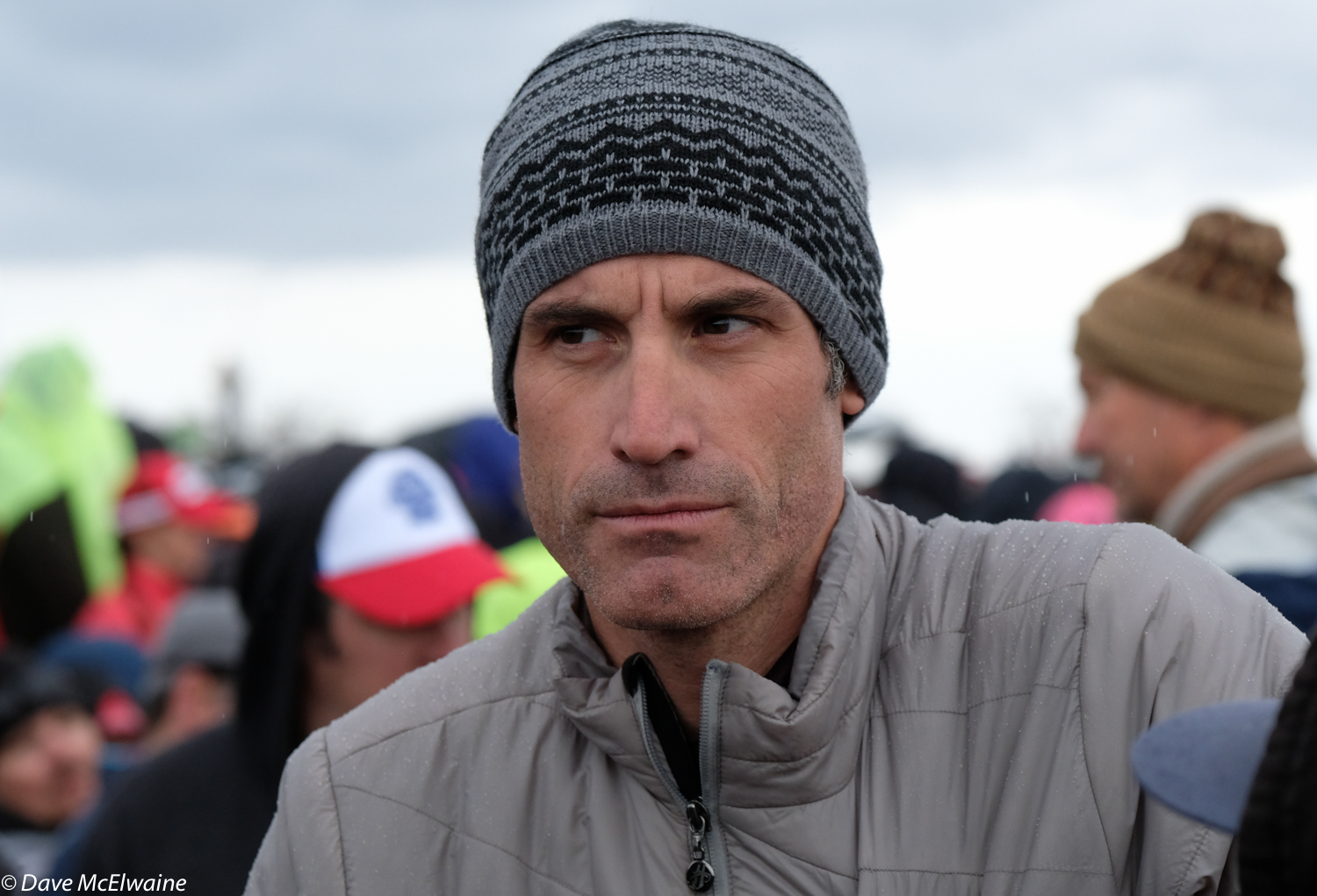
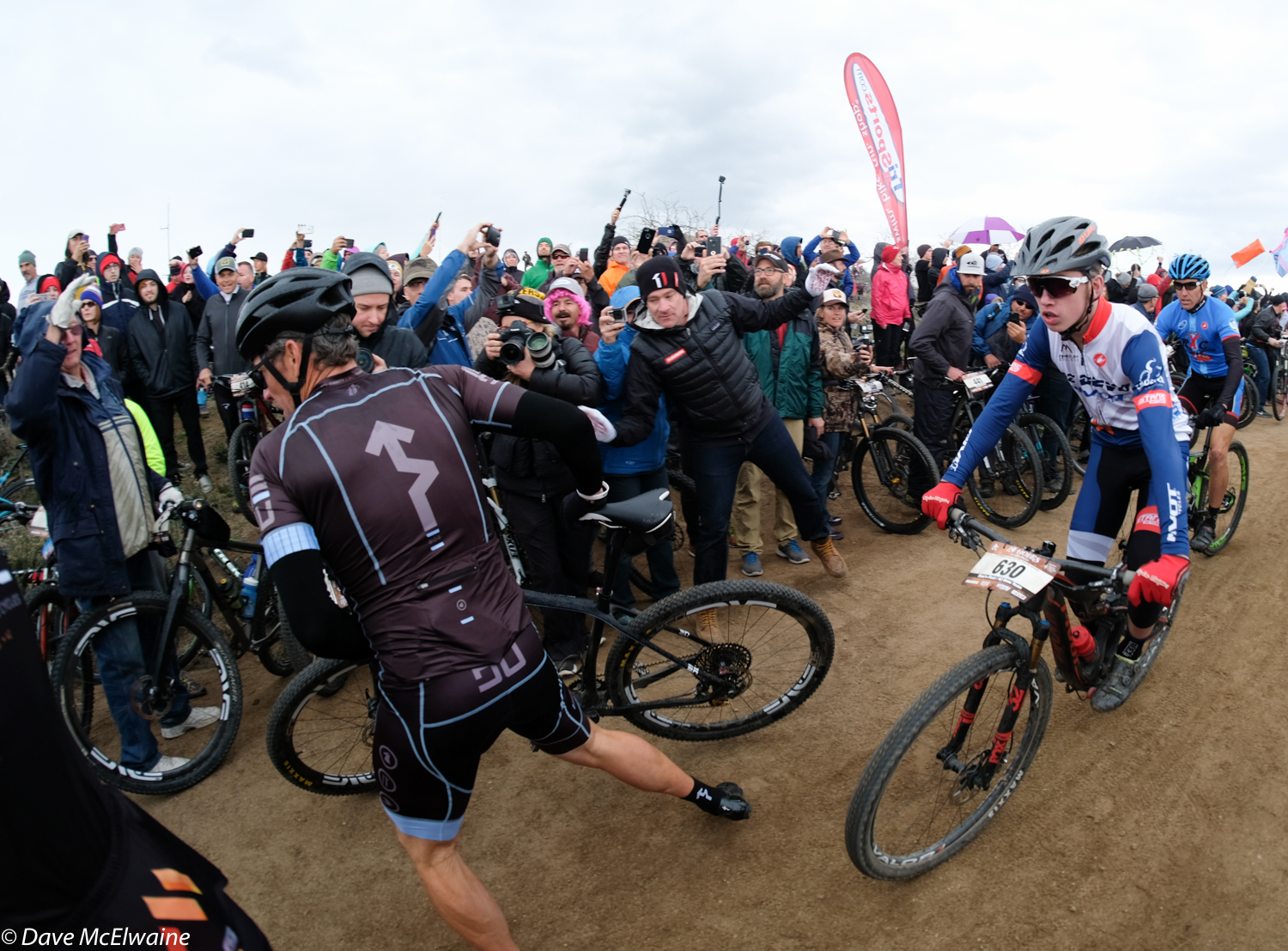
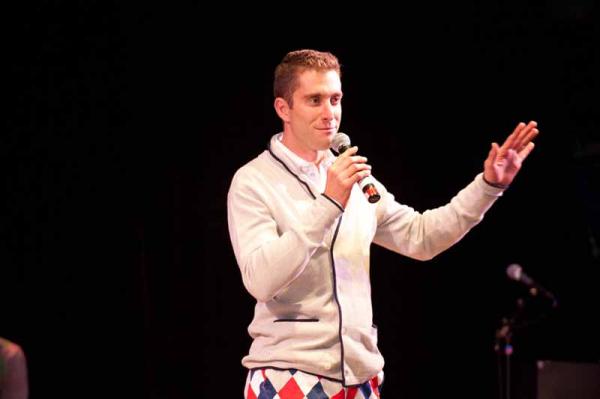
When Lance Armstrong reunited with former teammates Christian Vande Velde, George Hincapie and Dylan Casey to race the 24 Hours of Old Pueblo mountain bike race last weekend, he also took the opportunity to host them on his Forward podcast. Over the course of more than 80 minutes, the former US Postal Service riders discussed both the past and the present and took questions as well.
Lance Armstrong attends Federal Court hearing
Wiggins' former doctor likens Fluimucil story to the Armstrong days
Lance Armstrong still clocking big training miles despite lifetime ban
Bruyneel blasts LeMond for 'obsession' with Armstrong and mechanical doping
Armstrong 'whistleblower' lawsuit cleared for jury trial
Armstrong, Hincapie, Vande Velde and Casey reunite for 24 Hours of Old Pueblo - Gallery
Armstrong opened the show by addressing the recent decision of a US district judge to rule that his legal battle with Floyd Landis and the US Postal Service must be heard by a jury. The District Court granted the government's motion to set the amount in question at $32,267,279, the total of the payment invoices that team owners Tailwind Sports submitted to USPS. A jury could decide Armstrong and Tailwind should pay damages as much as three times that amount, or $96,801,837.
"I was a little surprised with how widely spread the news was. That's fine but I wanted to address a few things," Armstrong said.
"First of all, we believe in this case from our perspective. We believe the Postal Service greatly benefitted. While the situation certainly is not perfect, I'll be the first to admit that, we do not believe that they can go back and undo all the good that was done all of those years ago.
"I think the most important thing I want to say to y'all and to anybody who works for the Postal Service, is that I absolutely loved representing your company. I loved wearing that jersey, I loved riding around Europe, riding down the Champs Elysees, hearing our national anthem with that jersey on. It could have been any other team. It could have been a foreign team. It could have been another American team. But it was a real pleasure to represent that organisation, and I think we did great things.
"So, while I know many out there feel as if I need to be punished, severely, which is fine and your opinion, I understand that. My life hasn't been without punishment. Some of it has been public, some of it not, but there's been many other cases that have to be resolved, that have certainly changed the look and feel of our life, I mean myself and my family. On this one, we believe the law and the merit is on our side, so we will see it through. If you're supportive, then thank you. If you're not, then just know this: I get it. I understand. That's fair."
Regrets, several different views
Armstrong led the debate during the 80-minute podcast, talking about the 24 hours of racing they were about to face but also answering questions from listeners and social media.
The latest race content, interviews, features, reviews and expert buying guides, direct to your inbox!
Armstrong is often asked if he would do everything he did during his racing career all over again. He gave his answer and also solicited answers from Casey, Vande Velde and Hincapie. They revealed their own feelings about doping, racing in Europe in the 1990s and the consequences of their actions.
"It's a fair question, but at 45 yeas old, do you want to go back and evaluate what you did at 22 and 25? It's tough, so where I always end up on this is that to me, the wish that I had, was that I came into a different generation, a different era, a different environment," Armstrong said.
- Armstrong asks for summary judgment in US civil fraud lawsuit
- Armstrong a 'doper, dealer and liar' says US federal government
- Details of Landis' federal whistleblower suit revealed
- Armstrong fails to stop US federal government lawsuit going ahead
- Armstrong fearing financial ruin from federal whistleblower lawsuit
- Lance Armstrong: 'We like our case' in federal lawsuit
- Armstrong 'whistleblower' lawsuit cleared for jury trial
"We didn't think we were heading over to what we were heading over to. There's been a lot of regret about the whole situation but we do not lack the regret that we stepped into the environment. Yes, we made the mistakes that we all well know but if I could change one thing, I'd say, 'Boys, here's our bottle of water, here's a bag of bread, lets go.' I'm me, and I'm biased, but I don't think the results change, so yeah, I certainly would love ... I'm not trying to opine on the current state of cycling, because I don't know it. But of course, on a truly level playing field, I'd love to toe that line."
Dylan Casey, who quit professional cycling after a short career to work for Google and then Yahoo in Silicon Valley, said his professional career taught him how to persevere.
"Sometimes I try to answer the question. Sometimes I think it's impossible to answer it just because of what I know now," he said.
"My story is so different because I got into cycling so late. And three years later, when I decided to do it later, I found myself on the start line of the Tour of Flanders. I didn't even know what that race was. I just had no idea what I was getting into. Regardless of the mistakes I made, that I learned to persevere through just about anything. That's the thing that has stick with me. So it's difficult to say what I would or wouldn't do. But coming away with that ability has been priceless."
Hincapie rarely revealed his true feeling while racing and even since serving his brief ban for doping. However, during the podcast he was arguably more insightful and honest.
"I definitely agree that it was tough being thrown into that generation of cycling," he said.
"Fortunately and unfortunately for many reasons, I was a professional cyclist for 20 years, so I can arguably say I was in a couple of different generations. But I will say with 100 per cent certainty, that I was very lucky to be part of and ridden with the best cyclists in the history of the sport in those 20 years. I mean Lance, Contador, Cadel Evans, Mark Cavendish. I saw it all.
"We talk about what happened 20 years ago, Yes, cycling was really f*cked up then. But I truly believe we saw a lot of changes, and I truly believe I was able to ride the best of the best. I do believe the sport has changed a lot since what happened 20 years ago and is definitely in a better place than it was 20 years ago. I know I made mistakes but I wouldn't trade it for anything. I know I was part of a f*cked-up generation, but at the same time, I met my wife at the 2003 Tour de France."
Vande Velde now works in television as a technical commentator for NBC in the US, and he seemed keen to put it all behind him. He now lives in South Carolina, close to Hincapie.
"I agree with what people have said," he said.
"I was part of Project 96 and that's how I got a pro contract with US Postal. I like looking back even to silly things like pictures of us not wearing helmets as we rode down the Galibier at 500km/h, to also all the shit that did go down. But also as George eluded to: righting the wrongs a little bit, all the way through to 2013 and leaving (the sport) in a better place than where it was."
Armstrong ended the debate about if the four would do it all over again with a wider reflection of why it happened and why the sport changed. He also admitted that deciding to make a comeback "opened up the whole pandora's box."
"I could look at the situation and ask, 'What was the tipping point? What effected the change?'" he said. "Was it Floyd Landis testing positive in '06? People were like 'Wow, shit just got real.' Losing his Tour title. Or the whereabouts program got more and more advanced and more and more funding and therefore the out-of-competition testing was better, the biological passport evolved. It got harder and harder to rig the system, and so those two came together and that effected change," Armstrong said.
He argued that the doping debate can never be black or white and insisted he and others would not have been successful without the hard training and rigorous lifestyle. He hints that he stills feels he was singled out for punishment.
"For 10 years the narrative was: We have the best technology, we train the hardest, we do the most reconnaissance, we're the most organised, we have the smartest tactics, we have the best director, we watch our diet, all those things. Everything was on the table," he explained.
"It's not even a frustrating thing for me, it's a painful thing for me, that when my story goes down in 2012, and USADA makes the move that it makes, the entire world shifts and says: This asshole, he told us it was the training and the diet, and the team and the reconnaissance. The whole world shifted and said, 'It was none of that. It was the doping.' So if I had magic wand and change just on thing, yes, they all happened but that tenth thing, doesn't happen if the first nine don't.
"We all did the work, so I felt there was a shift from a white-hat story to a black-hat story and neither were true. It's a grey-hat story. The one thing I'd hate to think is that we forget all the hard work that we all did."
